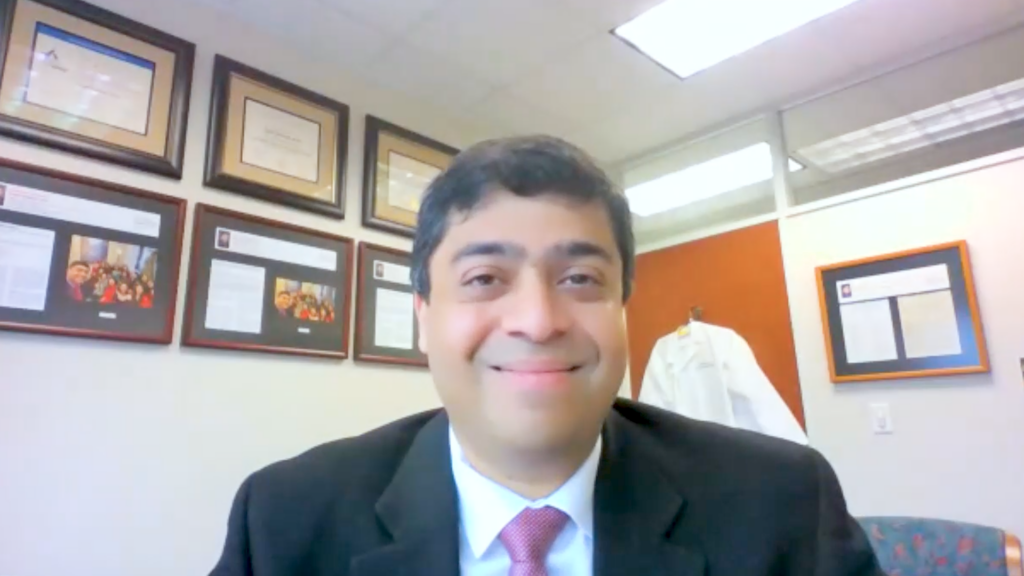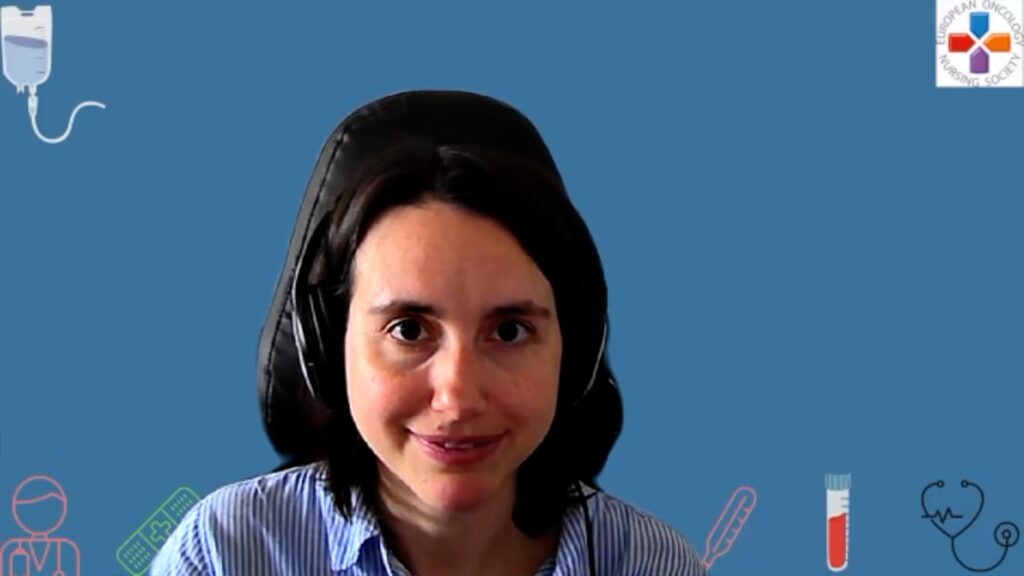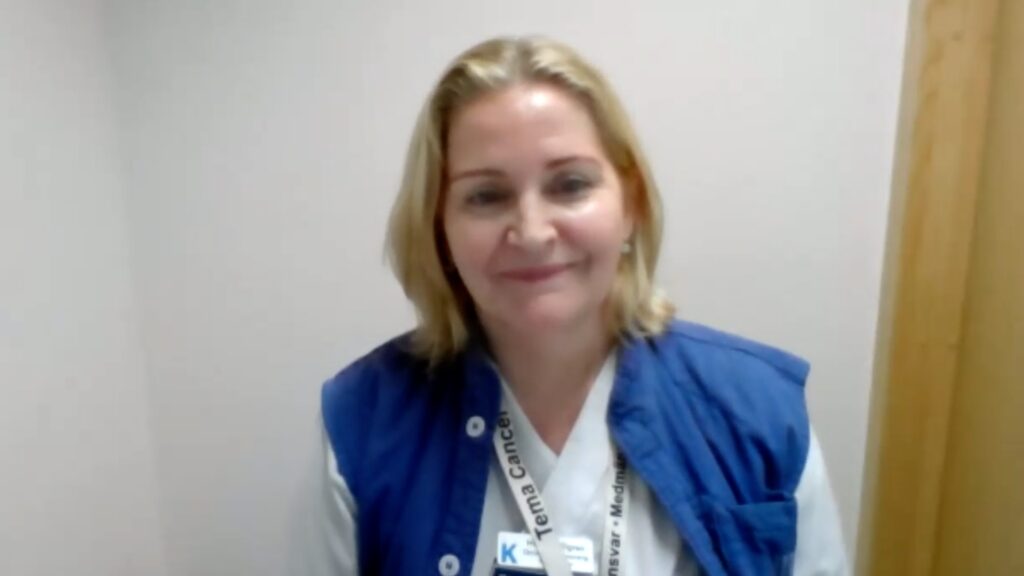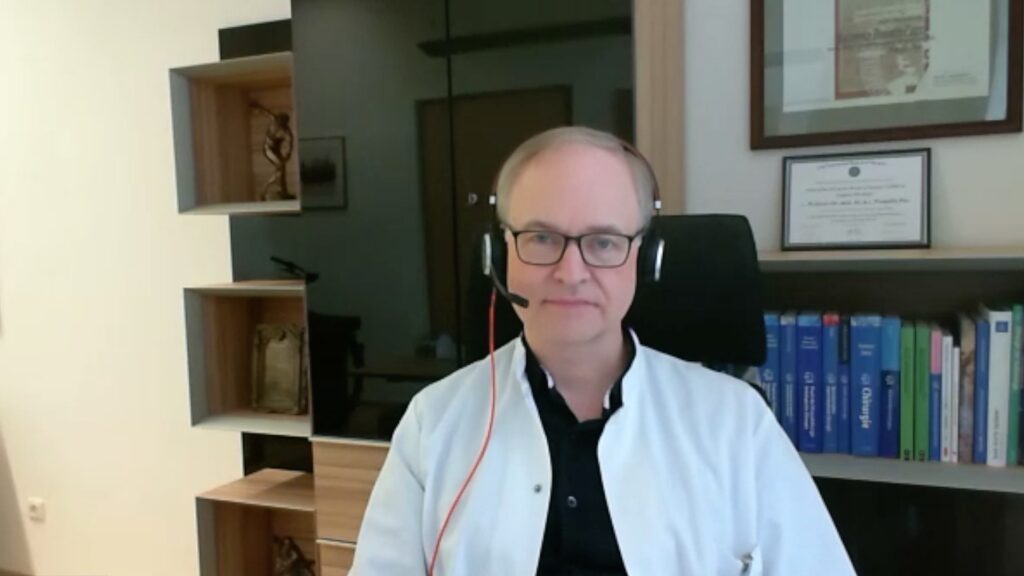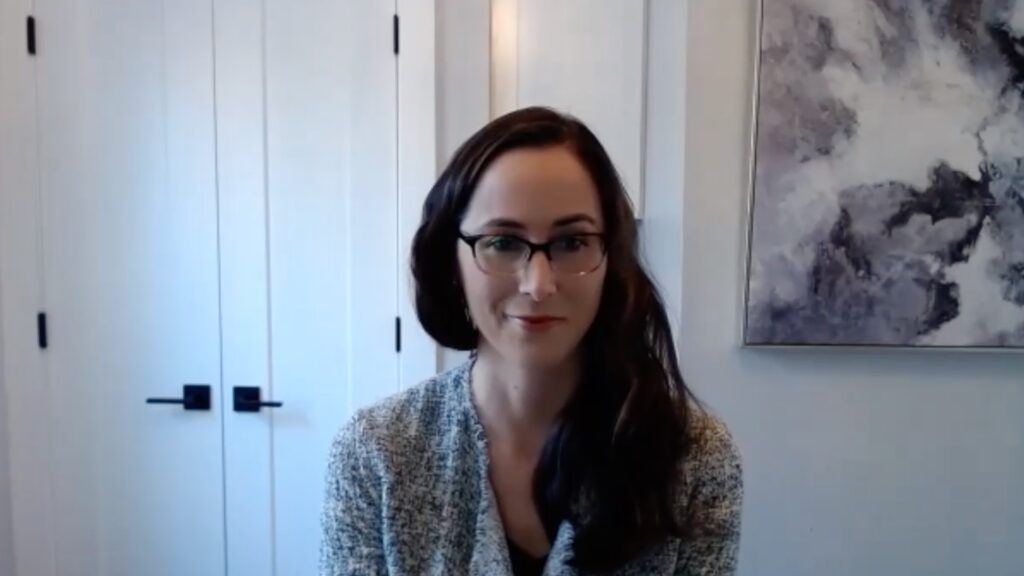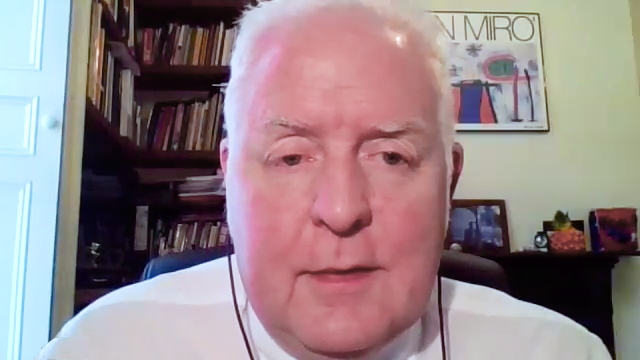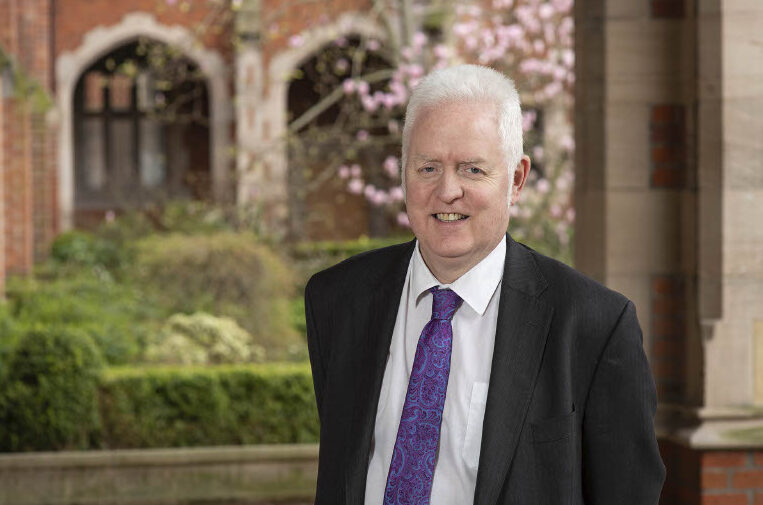 Europe’s Beating Cancer Plan aims to transform cancer prevention, diagnosis, treatment and care across the continent. In this interview, Prof Mark Lawler (Queen’s University Belfast, Belfast, Northern Ireland) discusses the plan’s key achievements, challenges and future directions. Launched in 2021, the plan is structured around four key pillars: prevention, early detection, treatment and improving the quality of life for patients and survivors. Alongside the EU Cancer Mission, which focuses on research and innovation, the initiative is driving significant progress in the fight against cancer. Prof Lawler highlights the importance of multidisciplinary, cross-border collaboration in achieving success, and the pivotal role of the EU Cancer Mission alongside Europe’s Beating Cancer Plan. Additionally, he sheds light on efforts to address cancer inequalities, life after cancer and advocacy initiatives like the ‘Right to Be Forgotten’.
Europe’s Beating Cancer Plan aims to transform cancer prevention, diagnosis, treatment and care across the continent. In this interview, Prof Mark Lawler (Queen’s University Belfast, Belfast, Northern Ireland) discusses the plan’s key achievements, challenges and future directions. Launched in 2021, the plan is structured around four key pillars: prevention, early detection, treatment and improving the quality of life for patients and survivors. Alongside the EU Cancer Mission, which focuses on research and innovation, the initiative is driving significant progress in the fight against cancer. Prof Lawler highlights the importance of multidisciplinary, cross-border collaboration in achieving success, and the pivotal role of the EU Cancer Mission alongside Europe’s Beating Cancer Plan. Additionally, he sheds light on efforts to address cancer inequalities, life after cancer and advocacy initiatives like the ‘Right to Be Forgotten’.
Q1. What are the key aims and objectives of Europe’s Beating Cancer Plan?
The strength of Europe’s Beating Cancer Plan lies in its simplicity. It focuses on four key pillars: cancer prevention, early detection, high standards in cancer care and improving the quality of life for patients, survivors and carers. By keeping it straightforward, the plan ensures that its goals are both clear and achievable, addressing crucial aspects of cancer care and control across Europe.
Q2. What progress has been made in implementing the plan?
Since its introduction in 2021, the plan has made significant strides. A recent review indicates that approximately 90% of the plan’s objectives for the initial five-year period have been achieved. The plan is complemented by the EU Cancer Mission, which focuses on research and innovation.
One major achievement is the establishment of a European Cancer Prevention Centre, emphasizing vaccine-preventable cancers like HPV. Another success is the EU4Health program, a €5.3 billion initiative, of which approximately €1.25 billion is earmarked for cancer-related actions. Additionally, digital advancements, particularly in health data, have been a priority, helping researchers and clinicians make more informed decisions.
Q3. Please provide a summary of the EU Cancer Mission and its key achievements.
The EU Cancer Mission is a research-driven initiative that complements Europe’s Beating Cancer Plan. Its overarching goal is to improve the lives of over 3 million people by 2030 through better prevention, diagnosis, and treatment. The mission fosters collaboration among researchers, policymakers, healthcare providers, and patients to accelerate progress in cancer care.
One of its key achievements is the establishment of the European Cancer Patient Digital Centre, which enhances data-sharing and empowers patients with better access to their health information. The mission has also launched major funding programs to support innovative cancer research, including projects on early detection and precision medicine. Additionally, it promotes cross-border collaboration, ensuring that knowledge and advancements benefit all EU member states. The EU Cancer Mission’s work in health data harmonization and the creation of a European Cancer Atlas are crucial steps toward addressing cancer inequalities and improving outcomes across Europe.
The Lancet Oncology European Groundshot Commission, the most comprehensive analysis of cancer research in Europe, highlights how cancer patients treated in research-active hospitals have better outcomes. Thus, cancer is a necessity, not a luxury, and the Groundshot provides an excellent evidence base for the Cancer Mission.
Q4. Have there been any major challenges in implementing the plan?
One of the main challenges has been establishing a European Health Data Space. While it’s a crucial step toward better integration and use of health data, regulatory complexities across member states make its implementation difficult.
Another challenge is ensuring alignment between European-level initiatives and national healthcare policies. Since healthcare is primarily a national competency, translating EU-level goals into country-specific actions requires coordination. However, efforts such as the development of national research hubs and comprehensive cancer centres have helped bridge this gap, facilitating better collaboration between European and national healthcare structures.
Q5. How can patients, physicians, and researchers collaborate more effectively?
Cooperation across these groups is crucial. A great example comes from the UK, where a collaboration between Bowel Cancer UK, oncologists and health economists led to a major policy change regarding the treatment of metastatic colorectal cancer.
By presenting clinical evidence, patient testimonials, and economic analyses, the coalition convinced the NHS to revise treatment protocols, ultimately saving nearly £2 billion. This illustrates the power of a unified approach involving patient advocacy, medical expertise, and economic rationale. A similar model could be applied across Europe to drive cancer policy improvements.
Comprehensive cancer centers are central to ensuring high-quality, research-driven cancer care. The European Commission has been promoting the establishment of these centers across member states, enabling cross-border collaboration while ensuring that research innovations translate into better patient outcomes at the national level. The ultimate goal is a network of accredited cancer centres across Europe, ensuring equitable access to cutting-edge treatment and care.
Q6. What steps are needed to ensure that breakthroughs in cancer research reach all patients equitably?
Europe needs to focus on health services research and implementation science to ensure that discoveries translate into real-world benefits. The European Cancer Groundshot report identified major gaps in research funding allocation. For example, while lung cancer accounts for 21% of the cancer burden in Europe, it only receives about 4% of research funding. Addressing such disparities is critical.
Cancer survivorship and quality of life must also be prioritized. Currently, there are around 20 million cancer survivors in Europe. We need more research in this area, better data collection on patient-reported outcomes, and policies to ensure equitable access to care and support services. The European Cancer Inequalities Registry and the European Cancer Pulse provide valuable data to highlight disparities and drive policy action.
Q7. Could you discuss the ‘Right to Be Forgotten’ initiative?
Many cancer survivors face discrimination even after being cured. In some European countries, individuals who have recovered from cancer are still required to disclose their diagnosis when applying for mortgages, health insurance, or travel insurance.
The ‘Right to Be Forgotten’ initiative seeks to address this injustice. Nine European countries, including France, have already implemented legal frameworks preventing financial discrimination against cured cancer patients, and four others have adopted voluntary codes of conduct. We are advocating for a standardized legal framework across all EU member states.
We need to end the discrimination against cancer survivors.
Q8. The European Cancer Organization (ECO) is involved in several initiatives. Could you summarize some of them?
Absolutely. Interact Europe focuses on multidisciplinary training and collaboration among cancer experts. It aims to establish a standardized European approach to oncology education and professional development, ensuring that cancer specialists across different countries have access to the latest knowledge and techniques. This initiative helps bridge knowledge gaps and fosters collaboration among healthcare professionals, ultimately improving cancer care across Europe.
Time to Act emerged in response to the COVID-19 pandemic, emphasizing that cancer must remain a healthcare priority even during crises. The campaign highlighted alarming statistics: over 100 million cancer screening tests were missed, and 1 million cancer diagnoses went undetected due to pandemic disruptions. By raising awareness and urging policymakers to act, the initiative helped mitigate the long-term impact of these setbacks.
Another crucial effort is the European Cancer Pulse, which produces country-specific reports highlighting inequalities in cancer care. These reports, launched in collaboration with national health ministries, have already led to policy commitments, such as the development of a national cancer plan in Greece and improved screening efforts in Ireland.
Another extremely important ECO initiative is the European Code of Cancer Practice, which sets out in 10 basic rights what cancer patients should expect from their health system, so as to ensure long healthy productive lives.
Q9. What final thoughts would you like to share about Europe’s Beating Cancer Plan?
The plan has already made a substantial impact, but there is still work to be done. We must ensure that new treatments and innovations reach all patients equitably and without delay. Addressing cancer inequalities, improving survivorship care and enhancing cross-sector collaboration will be essential to the plan’s long-term success. By working together – patients, healthcare professionals, researchers, policymakers and industry – we can continue to drive meaningful progress in cancer prevention and care across Europe.
About Professor Mark Lawler
Mark Lawler is Professor of Digital Health at Queen’s University Belfast, Northern Ireland. He is also Scientific Director of DATA-CAN, the UK’s Health Data Research Hub for Cancer. He chairs the International Cancer Benchmarking Partnership a global initiative which looks at cancer outcome across the world. He led the Lancet Oncology European Groundshot Commission, which produced the most comprehensive analysis to date of cancer research activity in Europe, which is informing cancer research and policy in Europe. He recently became co-chair of European Cancer Organisation’s new Focussed Topic Network on Emergencies and Crises and co-authored a Manifesto on improving cancer care in conflict-impacted populations in The Lancet.
Professor Lawler was one of the leadership involved in developing and launching a radical new data-informed UK plan for cancer research and cancer care in the House of Commons, Westminster. In January 2024, he provided the crucial evidence on the need to re-establish a National Cancer Plan to the Health and Social Care Select Committee in the House of Commons, which was a key deciding factor in the Secretary of State for Health committing to a National Cancer Plan. On World Cancer Day 2025, he co-led a campaign to ensure a big, brave and ambitious cancer strategy, data informed and with patients at the centre, which he delivered as a petition to Number 10 Dowling Street.
Disclosure: Mark Lawler has no financial or non-financial conflicts of interest to declare in relation to this article.
Professor Mark Lawler on Europe’s Beating Cancer Plan: Progress, Challenges and the Future. touchONCOLOGY. April 3rd, 2025
SIGN UP to touchONCOLOGY!
Join our global community today for access to thousands of peer-reviewed articles, expert insights, and learn-on-the-go education across 150+ specialties, plus concise email updates and newsletters so you never miss out.




